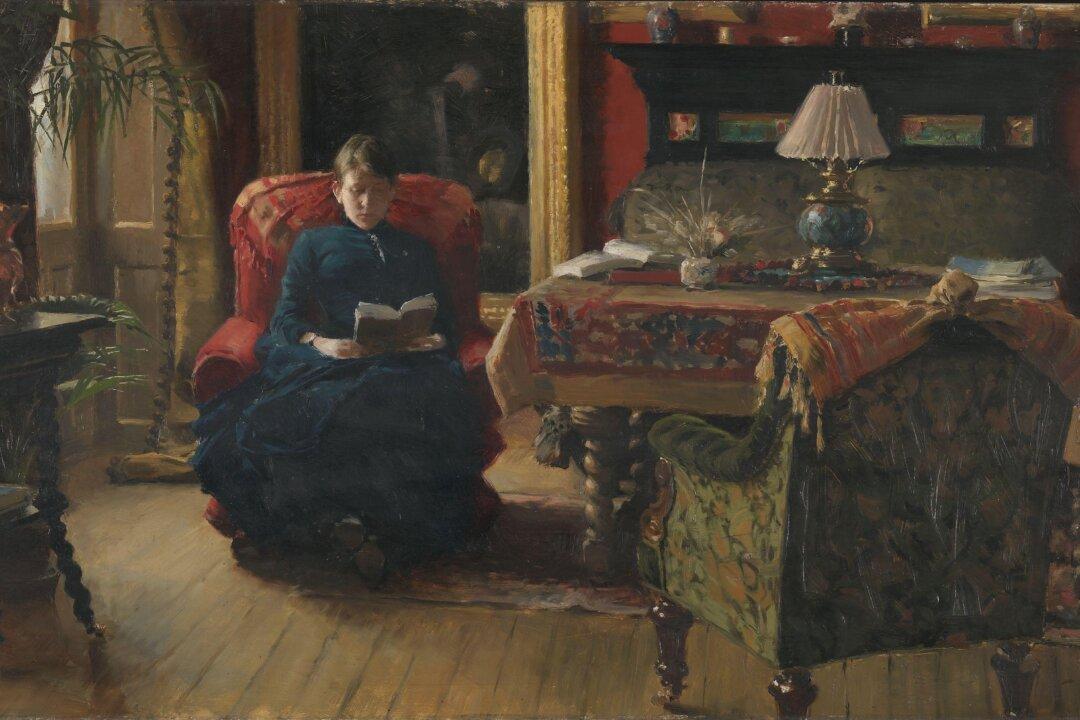“As your brother and intimate, I assure you that I understand you and sympathize with you from the bottom of my heart. I know all your good qualities like the back of my hand.”
In 1886, Anton Chekhov (1860–1904) wrote those words in a letter to his older brother, Nikolai (1858–1889). Regarded today as a master of the short story and a skilled playwright, the young Chekhov penned this letter out of concern for his brother’s alcoholism and his failure to develop his artistic and literary gifts.






